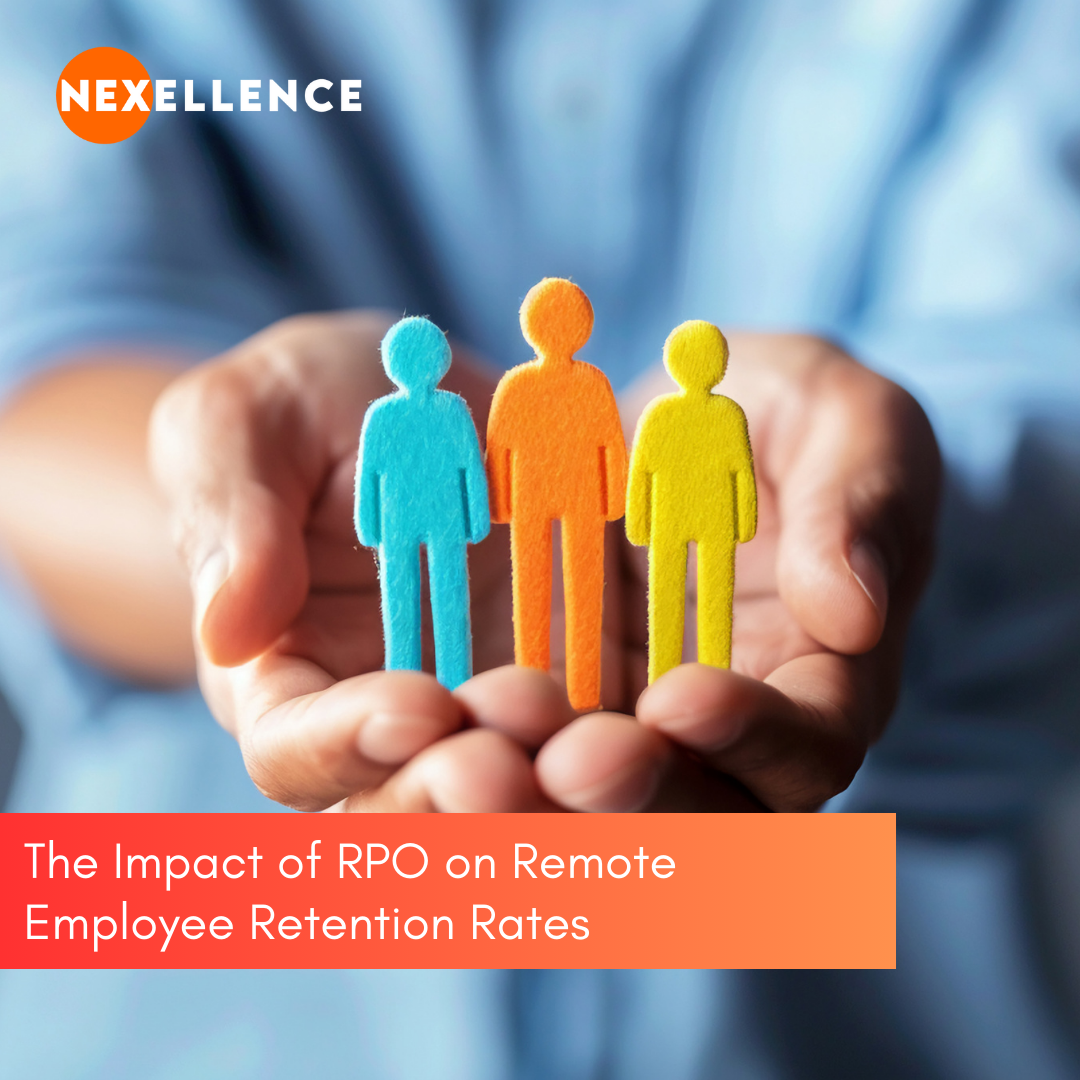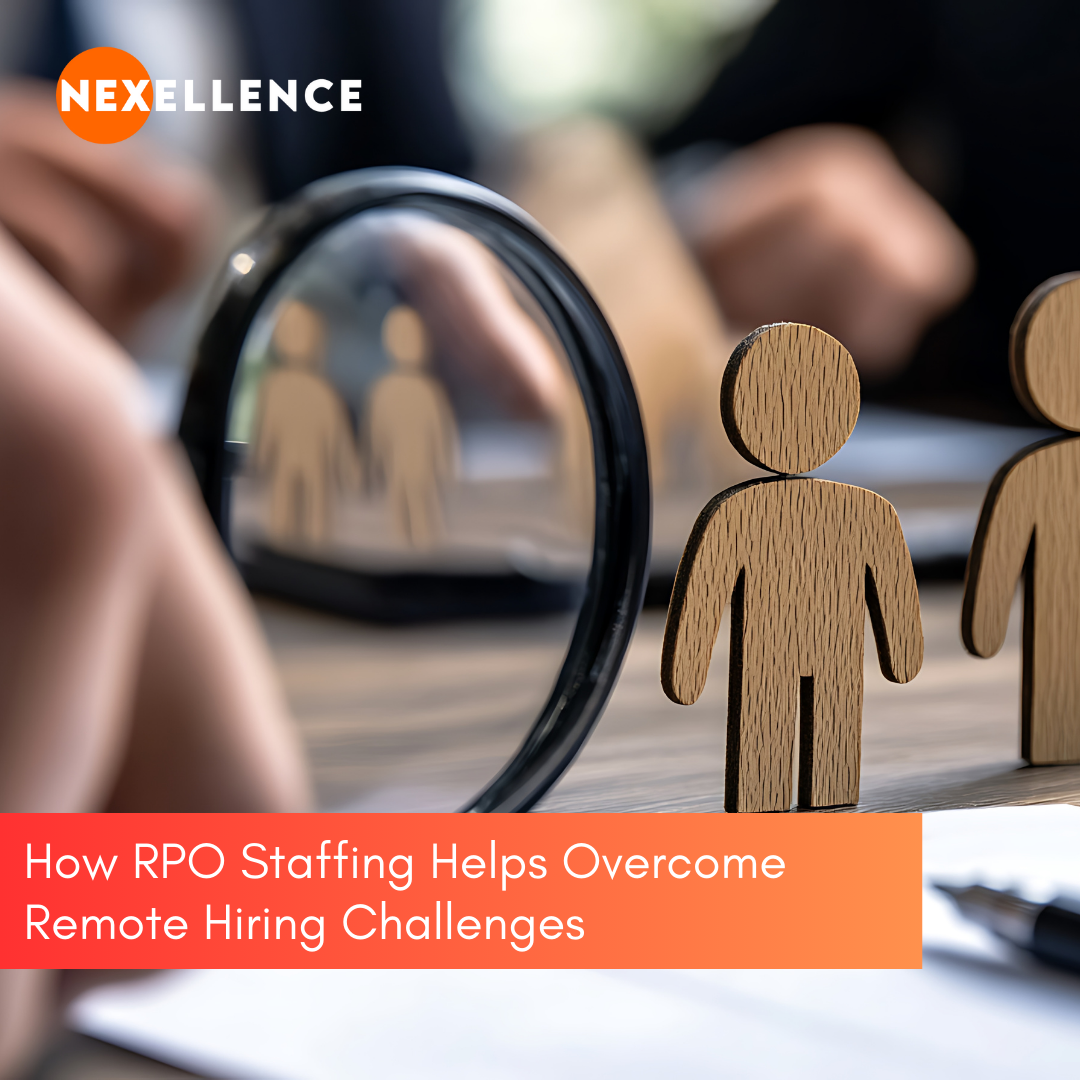In today’s fast-paced world, achieving a healthy work-life balance has become increasingly challenging. Juggling professional responsibilities, personal commitments, and self-care can often feel like an uphill battle. However, finding harmony between work and life is essential for overall well-being, productivity, and happiness. In this blog post, we’ll explore practical strategies and tips to help you achieve a better work-life balance and lead a more fulfilling life.
Understanding Work-Life Balance
Work-life balance refers to the equilibrium between the demands of work and personal life. It involves allocating time and energy to various aspects of life, including career, family, relationships, health, hobbies, and self-care, in a way that promotes overall happiness and fulfillment.
Why Work-Life Balance Matters
Maintaining a healthy work-life balance is crucial for several reasons:
- Improved Mental and Physical Health: Balancing work and personal life reduces stress, anxiety, and burnout, leading to better mental and physical well-being.
- Increased Productivity and Performance: When individuals feel rested and rejuvenated, they’re more focused, motivated, and productive at work, leading to better performance and outcomes.
- Enhanced Relationships: Prioritizing time for family, friends, and leisure activities strengthens relationships and fosters a sense of connection and fulfillment.
- Greater Job Satisfaction: Employees who have a good work-life balance are more satisfied with their jobs, leading to higher retention rates and lower turnover.
Practical Work-Life Balance Strategies
- Set Boundaries: Establish clear boundaries between work and personal life. Define specific work hours and stick to them, avoid checking emails or taking work calls during off-hours, and designate time for personal activities and relaxation.
- Prioritize Tasks: Identify your most important tasks and priorities each day. Focus on completing high-priority tasks during work hours and delegate or postpone less critical tasks as needed.
- Practice Time Management: Use time management techniques such as prioritization, batching similar tasks together, and setting deadlines to maximize efficiency and productivity.
- Take Regular Breaks: Incorporate regular breaks into your workday to recharge and refocus. Step away from your desk, take a walk, practice deep breathing exercises, or engage in a brief mindfulness meditation session.
- Schedule Leisure Time: Schedule time for hobbies, exercise, relaxation, and social activities outside of work. Treat these activities as non-negotiable commitments and prioritize self-care.
- Communicate Openly: Communicate openly with your employer, colleagues, and family members about your work-life balance needs and boundaries. Advocate for flexible work arrangements, if possible, to accommodate personal responsibilities and preferences.
- Learn to Say No: Don’t overcommit yourself by saying yes to every request or invitation. Learn to say no to activities or tasks that don’t align with your priorities or contribute to your well-being.
- Unplug Regularly: Take regular breaks from technology and digital devices, especially before bedtime. Limit screen time, particularly in the evening, to promote better sleep and relaxation.
- Delegate and Outsource: Delegate tasks at work and at home that can be handled by others. Outsource household chores, errands, or administrative tasks to free up time for more meaningful activities.
- Reflect and Adjust: Regularly reflect on your work-life balance and adjust your priorities and strategies as needed. Be flexible and willing to adapt to changing circumstances and demands.
Finding Balance in a Busy World
Achieving work-life balance is an ongoing journey that requires conscious effort, self-awareness, and prioritization. By implementing these practical strategies and adopting a mindful approach to balancing work and personal life, you can create a more fulfilling and harmonious life for yourself and those around you.
Remember, true success and happiness are not measured solely by professional achievements but by the quality of your relationships, your health, and your overall sense of well-being. Strive to find balance in all areas of life and prioritize what truly matters most to you.
Here’s to a life filled with harmony, fulfillment, and joy!





